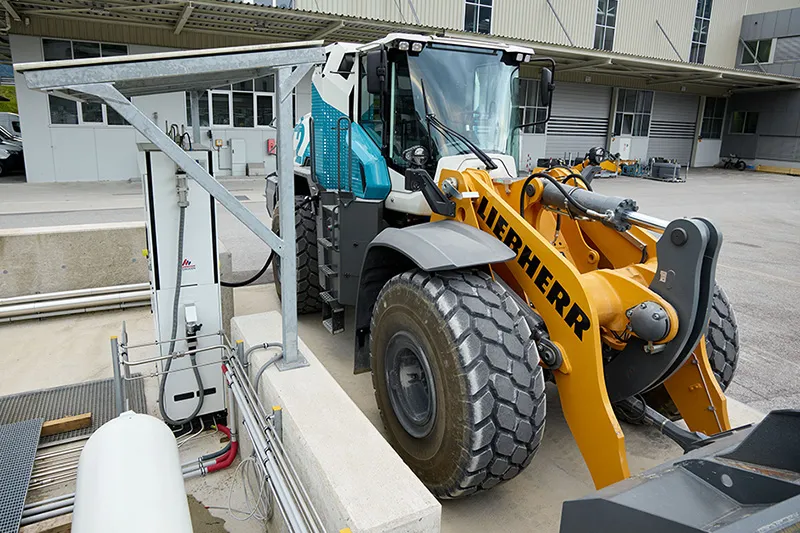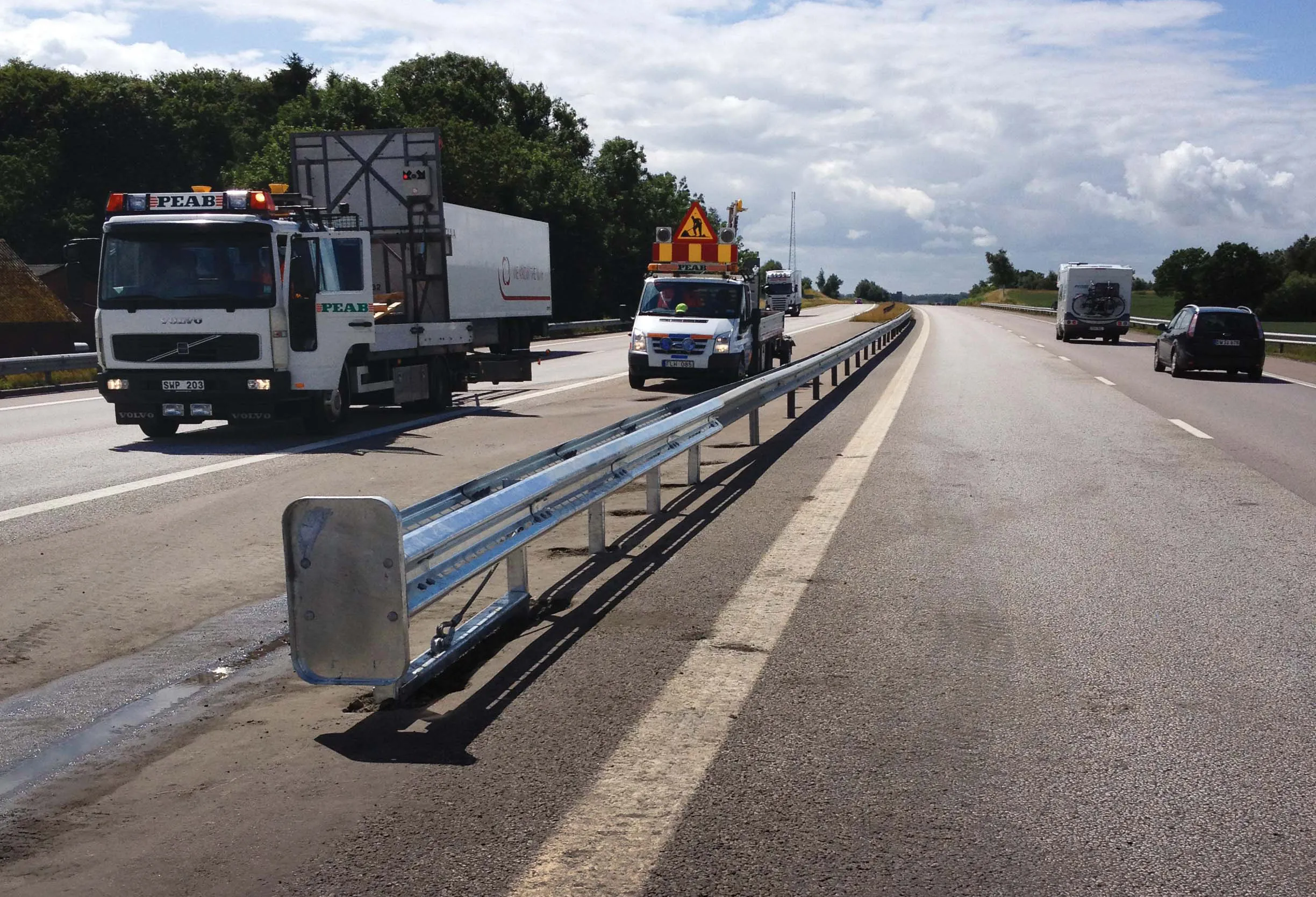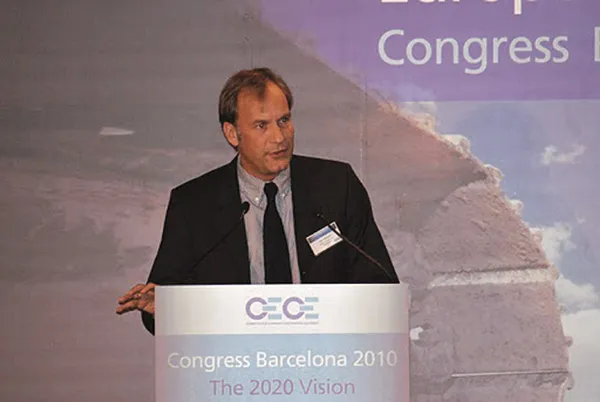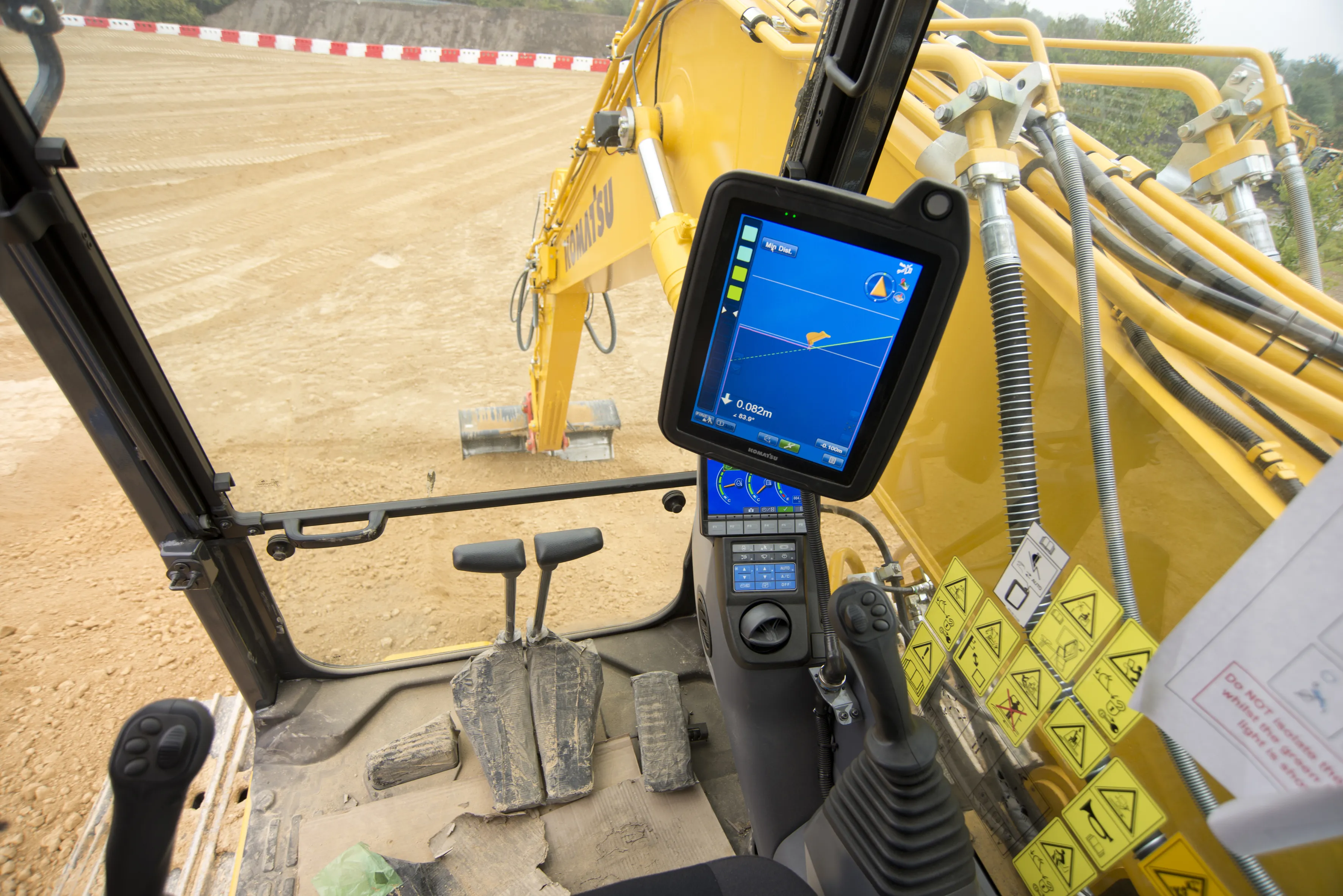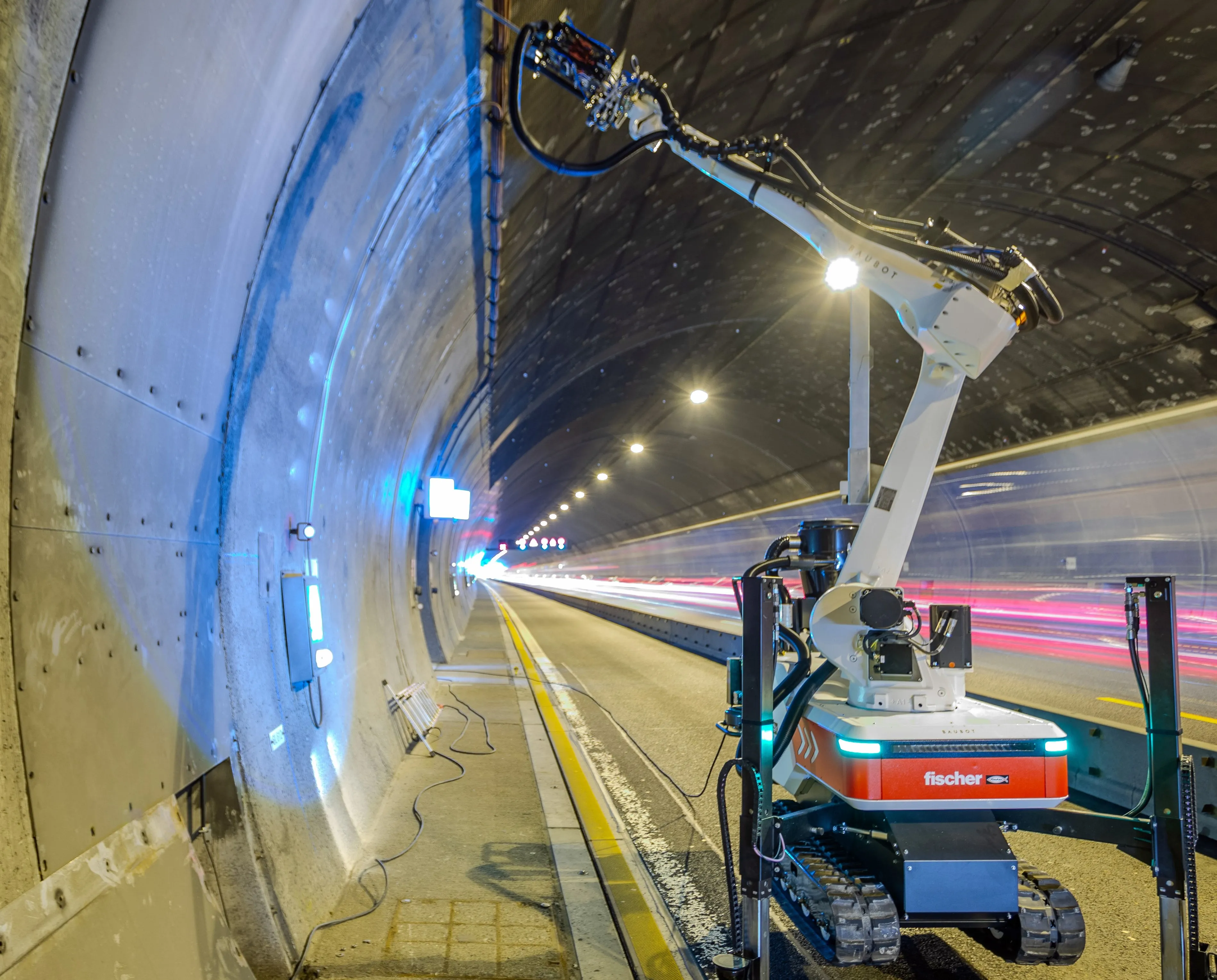
The fischer Group in Germany now owns the Austrian construction robot firm BauBot. This is a key move for the family-owned company, which is expanding its standing in the field of robotics for construction.
“The use of robotics is a paradigm shift in the construction industry to make building safer and more efficient. It can also be used to counter challenges such as the shortage of skilled labour,” said Professor Klaus Fischer, owner of the fischer Group. “The complete takeover of BauBot is the next logical step for us in our successful collaboration with the start-up in order to jointly advance the use of robotics in construction.”
BauBot has been majority-owned by the fischer Group of Companies since 2022. Founded in 2017 with a focus on onsite 3D printing for paving stone structures, the company established itself as a specialist for automation solutions in construction.
In their successful strategic partnership, fischer and BauBot jointly developed the BauBot construction robot, which they launched on the market in 2022. In combination with a digital construction plan, the innovative machine enables fully automated drilling, cleaning and marking of drill holes in walls, floors and ceilings, as well as the future installation of fischer fastening solutions. Suitable for use in tunnel and bridge construction, the fischer construction robot has demonstrated its advantages on various construction sites. It increases work efficiency, relieves workers of strenuous and stressful tasks, reduces the risk of injury to employees, lowers error rates, saves costs and accelerates construction progress.
For the successful use of the BauBot, fischer offers a complete service from a single source, from planning and execution to documentation. With the complete takeover of BauBot, fischer can now scale up further with the BauBot and increasingly tap into new and existing international markets. The Group continues to make construction work safer and more efficient with fully mobile robot systems.


